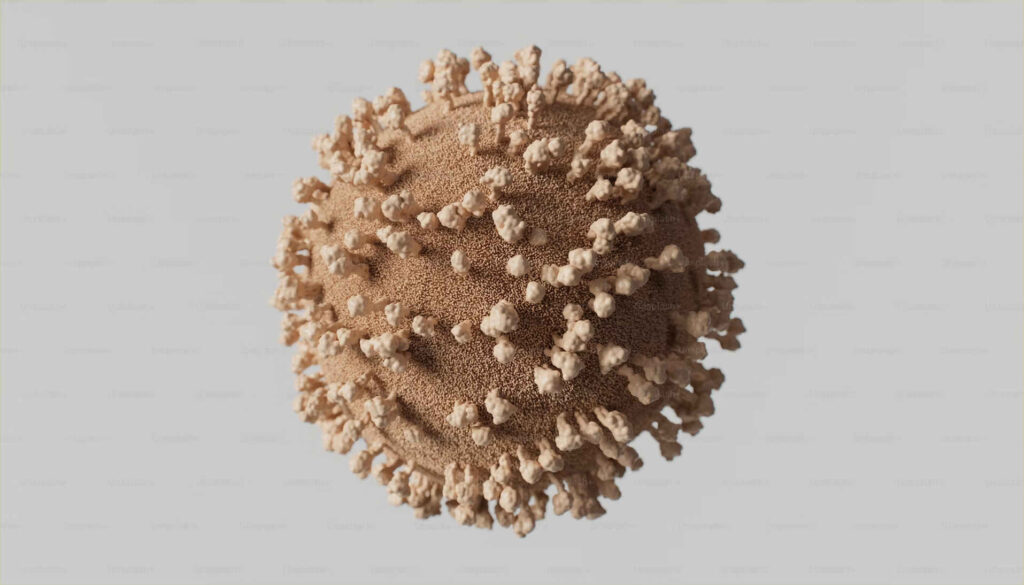
Authorities in the southern state of Kerala have imposed restrictions to halt the spread of the deadly bat-borne Nipah virus.
India is facing a renewed surge of the deadly Nipah virus after six people were infected with the brain-damaging disease in the southern state of Kerala, two of whom have died.
Schools, colleges and tuition centers have been closed until September 24 as a precautionary measure, while the neighboring states of Tamil Nadu and Karnataka have stepped up security in border districts in an effort to prevent the spread of the virus.
Kerala Health Minister Veena George said 1,080 people have been identified who came in contact with infected individuals over the past few days. A total of 327 of these are health workers. The state government is monitoring these individuals for symptoms of infection.
Kerala has seen four outbreaks of Nipah since 2018, the last of which occurred in 2021. In 2018, the virus killed 21 of the 23 people it infected. The following year, a single case was recorded, but the government’s prompt action and extensive contact-tracing likely prevented it from spreading further. In 2021, a 12-year-old boy died after contracting the virus.
Kerala appears to be particularly prone to Nipah virus outbreaks as it is home to more than 40 species of bats that live in forests that have been cleared for human habitation. The virus currently spreading in the state is the Bangladesh strain – a variant which is lethal, but has a lower rate of infection.
To treat the infected patients, the country is currently sourcing monoclonal antibodies from Australia, the Times of India reported on Saturday. India has reportedly requested 20 units of the drug. Although it was initially developed to treat Henipavirus, another bat-borne disease, Nipah virus patients have also been administered doses on a “compassionate basis.”
Currently, there is no vaccine for the Nipah virus, but doses of monoclonal antibodies (proteins made in laboratories that seek out foreign materials and destroy them by sticking to them) are provided to patients in the early stages of infection.
The World Health Organization (WHO) estimates that the case fatality rate of the Nipah virus is between 40% and 75%, although it can vary depending on “local capabilities for epidemiological surveillance and clinical management.” The WHO has listed it as a ‘priority disease’ because of its epidemic potential.
The virus can be transmitted to humans from animals or contaminated foods, and can also be transmitted from human to human. Human-to-human transmission of the Nipah virus is usually reported among families and caregivers of infected patients. According to the WHO, fruit bats of the Pteropodidae family are the natural hosts of the virus.
The Nipah virus was first recognized in 1999 during an outbreak among pig farmers in Malaysia. Apart from India, outbreaks have also been reported in Singapore and Bangladesh.
Image credit: Unsplash+